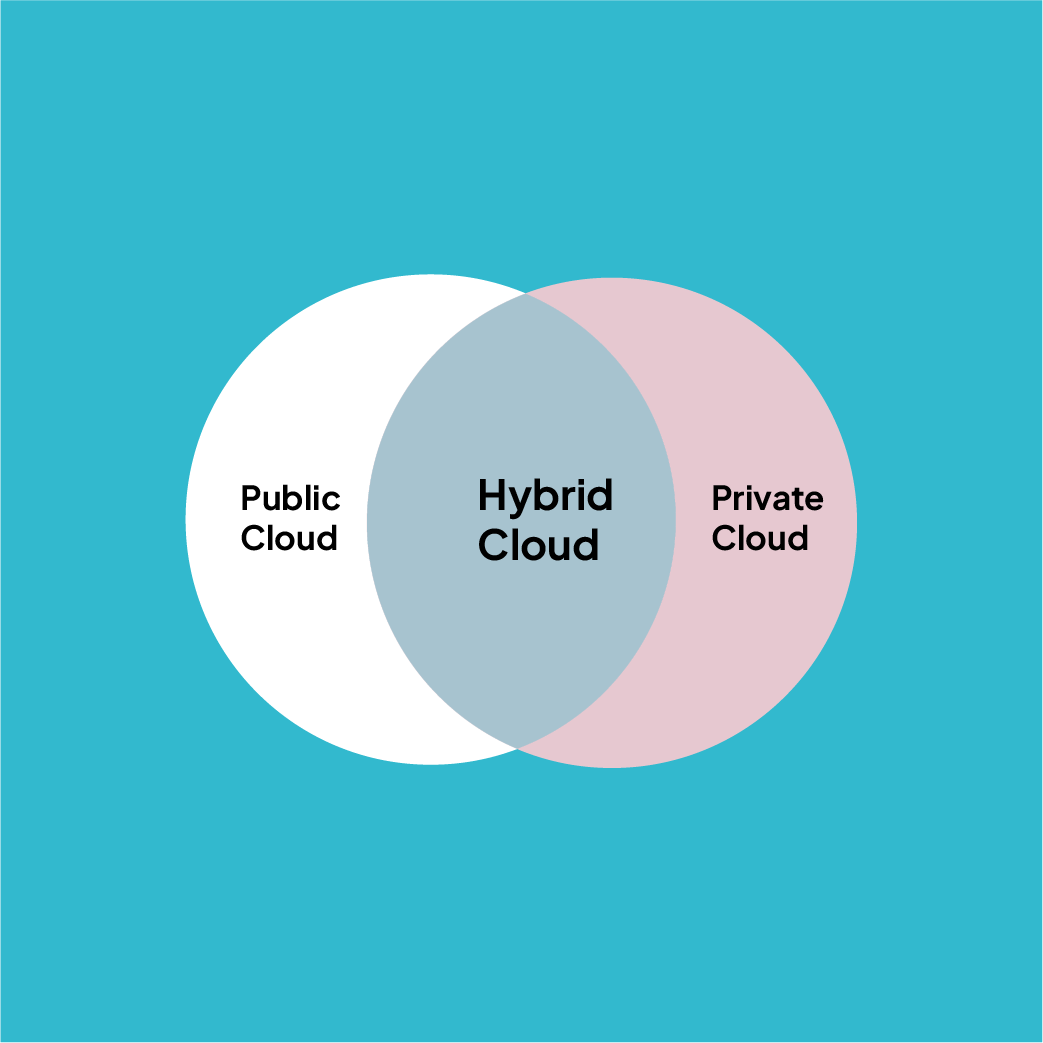
4 Types of Cloud Storage
By Ranggi R.
Published on December 16, 2022
As you already know in 5 Reasons why is it recommended to move to cloud storage. Now you can choose different types of cloud storage based on your needs and deployment options.
Here are 4 options you can choose:
1. Public Cloud Storage
Public cloud storage supports customers who need to utilize computer resources, including hardware and software. Public clouds are mostly common for non-critical tasks, such as file sharing or application development and testing. This type of cloud storage also tends to be more affordable.
Public cloud services are available to anyone. Those who want to use public cloud storage can buy it.

Public cloud is mostly used for small-scale companies or Small Medium Enterprises (SMEs), because it helps businesses reduce costs and save on purchasing, in order to increase profits.
2. Private Cloud Storage
This cloud model is used by a single organization, mostly a large enterprise, that stores private information, such as government agencies, financial institutions, and healthcare organizations. These private cloud infrastructures can be located either on-premises or with a third party. It is more secure and more expensive than the other clouds since it is designed to fulfill individual needs.
This type of cloud storage is dedicated to a single customer. It is the perfect choice for an organization because it provides maximum security. Digital assets can be stored securely, and users have more control over all valuable assets stored.


3. Hybrid Cloud
A hybrid cloud mixes two or more types of cloud environments. It crosses the concepts of private and public cloud infrastructures together. This allows you to customize the features and modify them according to your needs using the resources provided to you. Many organizations use the cloud, especially when they need to upgrade their IT infrastructure.
Many organizations are turning their attention to hybrid cloud. The reason is hybrid cloud provides more agility and scalability, which leads organizations to be able to improve work efficiency and flexibility.

4. Community Cloud
ommunity cloud is dedicated to multiple organizations in the same community, which means it is neither public nor private, and open to anyone who needs it. Banks and universities are some examples of it.
After knowing the types of cloud storage, now which cloud storage that suits to your business?